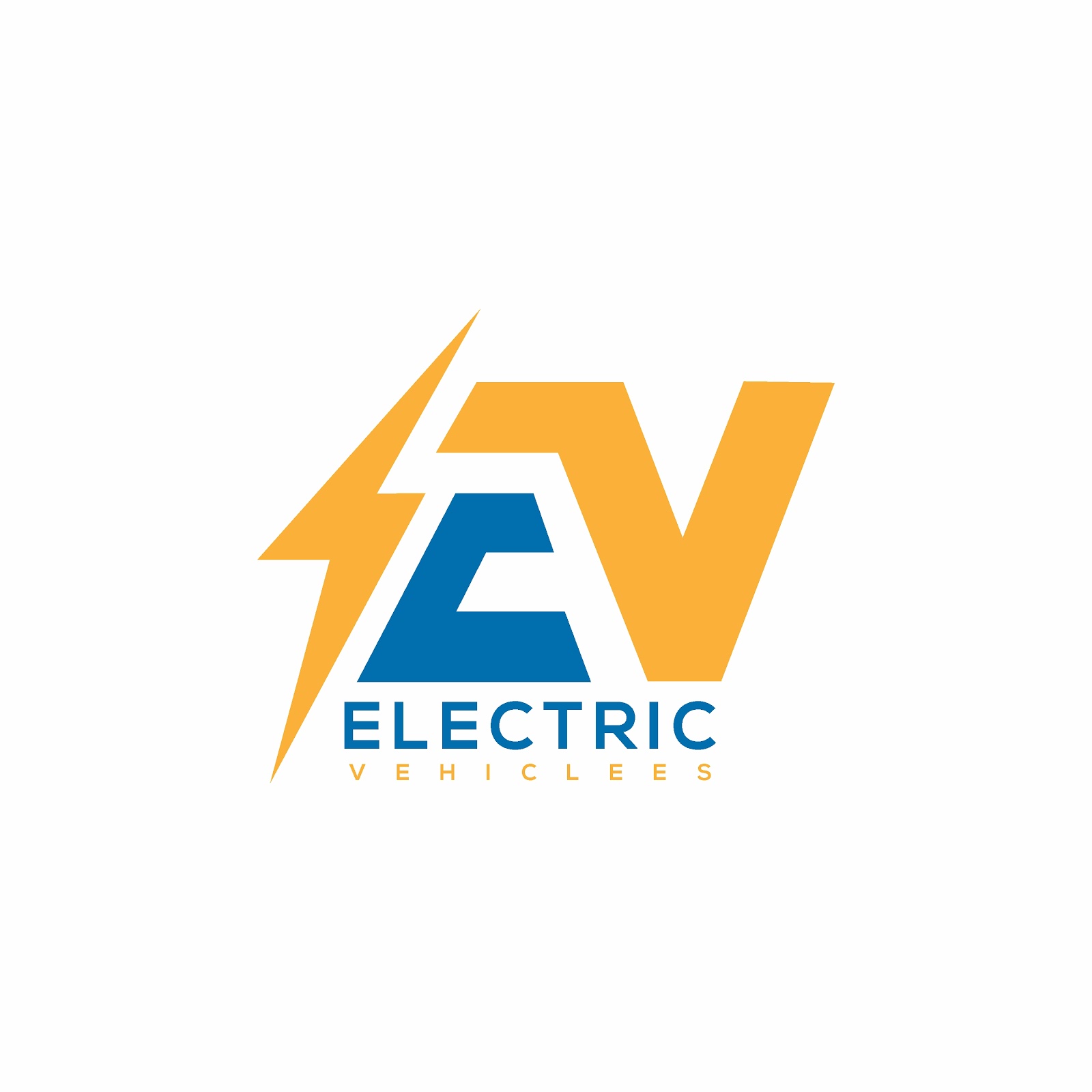The automobile industry has embraced electric vehicles (EVs) as a cleaner alternative to conventional gasoline-powered cars in recent years as the world moves towards sustainable practices. The increasing demand for eco-friendly and efficient charging options is a result of the growing popularity of electric vehicles. The incorporation of solar energy into Electric Vehicle Supply Equipment (EVSE) is one strategy that is gaining popularity. We'll go through the possible benefits and things to think about while switching your EVSE to solar-powered EV charging in this post.
Utilizing the Sun's Power
1. Clean and Renewable Energy:
Using clean, renewable energy is one of the main advantages of solar-powered EV charging. Solar panels collect solar radiation and use it to generate power without releasing harmful emissions or using up limited resources.
2. Long-Term Cost Savings:
Although the initial outlay for solar panels and the required infrastructure may appear high, the savings over time may exceed the outlay. Over time, solar-powered EV charging systems can result in significant savings on electricity costs, offering a return on investment that is advantageous to the environment and your pocketbook.
Things to Think About Before Going Solar
1. The first financial outlay:
Solar panels, inverters, and other related equipment must be purchased upfront in order to install an EV charging system powered by the sun. But these expenses are frequently covered by government refunds, tax credits, and incentives, which makes the move more financially feasible.
2. Space Requirements:
The amount of space needed for solar panel installation varies on a number of variables, including energy usage, panel efficiency, and geographic location. Determining the viability of a solar-powered EV charging option requires evaluating available space and comprehending local rules.
3. Dependency on sunshine:
The production of solar power is reliant on sunshine, which varies depending on the season and weather. In order to solve this, grid connectivity or integrated energy storage systems might be required to guarantee a dependable power source for EV charging, particularly during times of low sunshine.
Including Intelligent Technology
1. Increased Efficiency with Smart Charging:
An additional degree of efficiency is added to solar-powered EVSEs by incorporating smart technology. Using data on energy generation, grid demand, and general usage trends, smart chargers can optimize charging periods. In addition to maximizing solar energy use, this helps create a charging infrastructure that is more intelligent and adaptable.
2. Remote Monitoring and Control:
A lot of solar-powered EV charging units have the ability to monitor and control things remotely. Through a mobile app or web platform, customers can track energy generation, keep an eye on charging sessions, and even adjust charging parameters. The ease of remote management guarantees effective solar energy use and improves the user experience overall.
Sustainability and its Effect on the Environment
1. Reducing Greenhouse Gas Emissions:
EV charging driven by solar energy makes a major contribution to the reduction of greenhouse gas emissions related to the production of electricity. Owners of electric vehicles (EVs) significantly contribute to reducing environmental impact and advancing a more sustainable, greener future by using clean, renewable energy sources.
2. Energy Independence:
By lowering dependency on traditional power grids, solar-powered EV charging offers a certain level of energy independence. This is especially helpful in emergency situations like power outages because it enables EV owners to continue charging even when the grid is disrupted.
Solar-Powered EV Charging's Future
The future of solar-powered EV charging seems bright as economies of scale and technological advancements bring down the costs of solar panels and related equipment. Innovations that tackle present issues are expected to come from ongoing research and development, opening up solar charging to a wider audience and improving its practicality.
Last Words
While there are a number of factors to take into account when making the conversion to solar-powered EV charging, such as pricing, available space, and technology improvements, the overall advantages make the decision quite appealing. In addition to the economic and ecological benefits, installing solar-powered EVSE is in line with the larger objective of building a more robust and sustainable energy system.
Adopting solar-powered EV charging is not only a sensible decision for EV owners, but it also makes a significant contribution to a greener planet as the world moves toward a cleaner and more sustainable future. People can make decisions that support their commitment to a sustainable lifestyle by keeping up with technological improvements and being aware of the local context.







